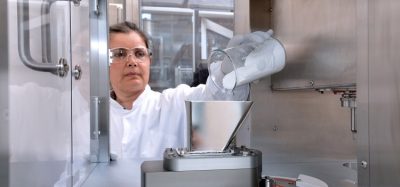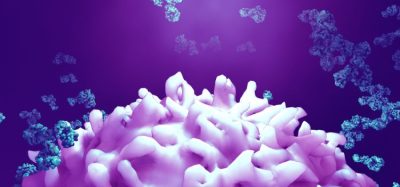Dolomite aids drug encapsulation studies
Posted: 12 January 2016 | | No comments yet
A Dolomite microfluidic system is helping Dr Samar Damiati, Assistant Professor in the Biochemistry Department at King Abdulaziz University in Saudi Arabia, perform drug encapsulation studies…


A Dolomite microfluidic system is helping Dr Samar Damiati, Assistant Professor in the Biochemistry Department at King Abdulaziz University in Saudi Arabia, perform drug encapsulation studies.
She explained: “My work is mainly focused on using different polymers, particularly PLGA – poly(lactic-co-glycolic acid) – for drug encapsulation, generating monodisperse particles for further investigation. I use a Dolomite system for this purpose, preparing particles on an almost daily basis, and find it very straightforward.”
“The drugs I am currently working with are hydrophobic and need to be encapsulated in suitable biodegradable polymer carriers to control their release in oral pharmaceutical formulations. The classical method of encapsulating drugs usually involves an extrusion step to produce particles of uniform size, but this can be avoided by using a microfluidic chip. Using the Dolomite chip, I have been able to produce PLGA particles that are uniform in size and shape, which is a huge benefit to my work. The ability to combine microfluidics with complementary techniques, for example electrochemical methods, allows further investigations to be performed, providing a full picture of the system under study. Customer support is important too; Dolomite’s data sheets are available online, making them easy to access, and I can always contact the company if I need further advice. I know that I will always get a quick response.”
For more information, visit www.dolomite-microfluidics.com.








